How to start the led stage lighting installation business ?
- Introduction: Why Start an LED Stage Lighting Installation Business?
- Market Opportunity and Customer Intent
- Why LED Is the Right Focus for Installers
- Step 1 — Validate Your Business Plan and Niche
- Market Research Checklist
- Step 2 — Legal Setup, Certifications, and Insurance
- Key Compliance and Risk Items
- Step 3 — Sourcing Fixtures and Controls
- How to Evaluate LED Fixture Suppliers
- Step 4 — Technical Capabilities and Installation Workflow
- Typical Installation Phases
- Step 5 — Tools, Vehicles, and Inventory
- Essential Equipment List
- Step 6 — Costing, Pricing Strategy, and ROI
- Startup Cost Estimates
- Pricing Models
- Step 7 — Project Management and Delivery
- Commissioning Checklist
- Step 8 — Sales, Marketing, and SEO for Installation Leads
- SEO and Lead-Generation Tactics
- Step 9 — Service, Support, and Recurring Revenue
- Service Contract Elements
- Product Comparison: Moving Head vs Static LED Fixtures
- Step 10 — Building a Team and Partner Network
- Roles to Hire or Outsource
- LQE — Partner Example and Manufacturer Considerations
- Why Manufacturer Partnerships Matter
- KPIs and Growth Metrics for Your Installation Business
- Important KPIs
- Conclusion: Launching Profitably and Scaling Smart
- Frequently Asked Questions
Introduction: Why Start an LED Stage Lighting Installation Business?
Theled stage lighting installation market is driven by rising demand for energy-efficient, flexible, and visually rich lighting for concerts, theaters, houses of worship, studios, and events. If you are exploring a led stage lighting installation business, this guide gives you a practical roadmap — from business planning, technical setup, and supplier selection to pricing, marketing, and delivering professional installations that satisfy clients and protect margins.
Market Opportunity and Customer Intent
Understanding customer : people searching for led stage lighting installation typically want either to hire installers, buy installation-ready systems, or start their own installation business. This article addresses entrepreneurial intent — how to build a company that supplies, installs, and services LED stage lighting systems for commercial and entertainment customers.
Why LED Is the Right Focus for Installers
LED stage lighting installation is the preferred technology because LEDs reduce operating costs, extend service intervals, and enable advanced control options (DMX, sACN, Art-Net). LED fixtures typically have lifespans measured in tens of thousands of hours and deliver significant energy savings compared with legacy discharge lamps — making them appealing to venues focused on lower total cost of ownership.
Step 1 — Validate Your Business Plan and Niche
Start your led stage lighting installation business by defining a clear niche and validating demand. Decide whether you will focus on concert touring, fixed venue installs (theaters, houses of worship), corporate AV, nightclubs, or theme parks. Each niche has different fixture mixes, control needs, and certification requirements.
Market Research Checklist
- Identify target venues in your region and their typical budgets.
- Survey local production companies and AV integrators for partnership opportunities.
- Check regulations and permits required for electrical and rigging work in your jurisdiction.
- Estimate average project sizes (small installs $3k–$15k, medium $15k–$100k, large $100k+).
Step 2 — Legal Setup, Certifications, and Insurance
Formally register your led stage lighting installation company, select a business structure (LLC, corporation, sole proprietorship), and obtain necessary trade licenses. Proper legal setup protects personal assets and simplifies contracting.
Key Compliance and Risk Items
- Electrical contractor license or subcontractor relationships for hardwiring.
- Rigging and fall-protection training and certifications for overhead installations.
- Public liability insurance and equipment insurance covering on-site damage and loss.
- Local fire and safety approvals where permanent installs are performed.
Step 3 — Sourcing Fixtures and Controls
Choosing the right suppliers is critical for repeatable, profitable led stage lighting installation projects. Decide between distributing trusted brands, OEM partnerships, or white-labeling from manufacturers. Prioritize reliability, warranty, and spare-parts availability.
How to Evaluate LED Fixture Suppliers
- Reliability record and demonstrated warranties (2–5 years typical).
- Technical support and spare parts availability.
- Range of moving heads, wash, beam, and static fixtures suitable for your niche.
- Compatibility with DMX/RDM, sACN, Art-Net, and modern lighting consoles.
Step 4 — Technical Capabilities and Installation Workflow
Define standard installation workflows for site surveys, rigging, cable runs, control integration, programming, testing, and client handover. Standardization reduces on-site time and improves margins for led stage lighting installation projects.
Typical Installation Phases
- Site survey & power load calculations (single-line diagrams).
- Rigging design and safety checks (rated hardware and load tests).
- Cable management, DMX/IP network design, and power distribution.
- Fixture aiming, dimmers, control mapping, and final programming.
- Client training and documentation.
Step 5 — Tools, Vehicles, and Inventory
Equip your team with essential tools and inventory. Proper investment speeds installations and reduces rework — a critical factor for profitability in led stage lighting installation contracts.
Essential Equipment List
- Lighting consoles (entry-level & full-capability units).
- Rigging hardware, truss clamps, shackles, rated wire rope.
- Power distribution units, DMX splitters, network switches for Art-Net/sACN.
- Ladders, lifts (scissor or boom depending on budget), and safety harnesses.
- Demo fixtures and spares for common failures (drivers, fans, lenses).
Step 6 — Costing, Pricing Strategy, and ROI
Estimate startup costs and set pricing to cover overhead, equipment amortization, labor, and margins. Offer clear pricing models: fixed project bids, time-and-materials, or service/maintenance contracts for led stage lighting installation.
Startup Cost Estimates
The following table provides conservative ranges for initial investments. Adjust to local labor costs and scope.
| Item | Estimated Cost (USD) |
|---|---|
| Demo fixtures & spares | $20,000 – $80,000 |
| Tools, rigging gear, safety | $5,000 – $20,000 |
| Vehicle(s) & storage | $10,000 – $50,000 |
| Lighting consoles & network gear | $8,000 – $40,000 |
| Website, marketing, branding | $3,000 – $15,000 |
| Insurance & licenses | $2,000 – $10,000 |
| Working capital (3 months) | $20,000 – $80,000 |
| Estimated Total | $68,000 – $295,000 |
Pricing Models
- Fixed-price project: Preferred for well-scoped installs; include contingencies.
- Time & materials: Good for retrofit or unknown conditions; bill hourly plus parts.
- Service contracts: Recurring revenue for maintenance and seasonal programming.
Step 7 — Project Management and Delivery
Professional project management shortens delivery cycles and improves client satisfaction. Use checklists and digital tools to manage tasks, change orders, and commissioning. For led stage lighting installation, include acceptance tests and training in every contract.
Commissioning Checklist
- Power and grounding verification.
- DMX/Network addressing and latency tests.
- Photometric aiming and lux verification where required.
- Client walkthrough, operation manual, and programming handover.
Step 8 — Sales, Marketing, and SEO for Installation Leads
To capture leads searching for led stage lighting installation, optimize your website and local presence. Use case studies, spec sheets, and before/after galleries to demonstrate results and build trust.
SEO and Lead-Generation Tactics
- Target keyword: led stage lighting installation in page titles, H2s, and meta descriptions.
- Local SEO: Google Business Profile, local citations, and reviews from venues.
- Content marketing: publish installation case studies, technical guides, and cost-savings calculators.
- Paid search & industry directories: bid on service keywords in your region for immediate leads.
Step 9 — Service, Support, and Recurring Revenue
Offer maintenance and programming services to create recurring revenue. Many venues prefer annual contracts for lamp/driver replacements, firmware updates, and seasonal reprogramming.
Service Contract Elements
- Preventive maintenance visits and inventory of spare parts.
- Rapid-response support SLA for events.
- Firmware and software updates for consoles and fixtures.
- Lighting plot and show-file backups.
Product Comparison: Moving Head vs Static LED Fixtures
Choose fixtures based on the venue’s needs and budget. Below is a concise comparison for installer reference when proposing solutions.
| Feature | Moving Head | Static LED (Wash/Par) |
|---|---|---|
| Typical Use | Concerts, touring, dynamic effects | Wash lighting, architectural, fill lighting |
| Complexity | High (pan/tilt, gobos, prisms) | Low (color mixing, dimming) |
| Cost | Higher per unit | Lower per unit |
| Maintenance | More moving parts, higher upkeep | Fewer moving parts, lower upkeep |
| Best For | High-impact visual shows | Even coverage and architectural lighting |
Step 10 — Building a Team and Partner Network
Hire technicians with rigging and electrical experience and invest in training for lighting consoles and networking protocols. Build partnerships with AV integrators, rental houses, and event producers to secure a steady pipeline of led stage lighting installation projects.
Roles to Hire or Outsource
- Lead lighting technician/programmer.
- Site technicians/riggers.
- Sales/estimator with industry contacts.
- Electrical subcontractor for permanent power work (if required by law).
LQE — Partner Example and Manufacturer Considerations
LQE, founded in 2008 and headquartered in Foshan, China, is an example of a manufacturer you might partner with for mid- to high-end LED stage lighting. LQE's production base covers about 10,000 square meters, with capacity for 100,000 fixtures annually and more than 80 national patents. Their product range includes moving head lights and static lights suited for theaters, concerts, studios, houses of worship, nightclubs, and theme parks. For installers, partnering with a manufacturer like LQE can provide cost-effective fixtures, OEM/ODM flexibility, and steady spare-parts supply for led stage lighting installation projects.
Why Manufacturer Partnerships Matter
- Better pricing and margins through direct sourcing.
- Faster RMA and spare parts supply.
- Possibility for co-branded demo programs and specification support.
- Manufacturer training for your technicians.
KPIs and Growth Metrics for Your Installation Business
Monitor key performance indicators to guide investment and growth strategies for your led stage lighting installation business.
Important KPIs
- Gross margin per project (target 30%+ on installations).
- Utilization rate of technicians (target 60–80%).
- Average contract value and recurring revenue percentage.
- Lead-to-win conversion rate and average sales cycle length.
Conclusion: Launching Profitably and Scaling Smart
Starting a led stage lighting installation business requires a balanced approach of technical competence, supplier relationships, strong safety practices, and focused marketing. Prioritize reliable equipment, standardized installation workflows, and recurring service contracts to stabilize cash flow. Use SEO and local marketing to capture intent-driven leads searching for led stage lighting installation, and progressively scale your inventory and team as repeat business grows. With careful planning and the right partnerships, led stage lighting installation can offer attractive margins and long-term recurring revenue.
Frequently Asked Questions
Q: How much do I need to start an LED stage lighting installation business?A: Startup costs vary by region and scope. A conservative range is $68,000–$295,000 covering demo fixtures, tools, vehicles, consoles, insurance, and working capital. Smaller operations can start lower by renting specialized gear and focusing on service contracts first.
Q: What qualifications does my team need for safe installations?A: Rigging certification, electrical licensing (or a curated electrical subcontractor), fall-protection training, and familiarity with DMX/network protocols. Manufacturer-specific training for fixture service and programming is also highly recommended.
Q: Should I buy fixtures from local distributors or overseas OEMs?A: Both options are viable. Local distributors offer faster support and simpler warranty handling; OEMs (or trusted manufacturers) can provide lower unit costs, customization, and direct spare-part supply. Evaluate warranty terms, lead times, and technical support when choosing a partner.
Q: How can I compete with rental houses and big integrators?A: Differentiate with specialization (e.g., houses of worship, boutique theatres), superior service contracts, local presence, and proven case studies. Offer value through energy-savings calculations and lifetime cost comparisons for LED upgrades.
Q: What control protocols should I support?A: DMX512 is standard; support for RDM, sACN, and Art-Net is increasingly important. Knowledge of lighting consoles from major brands and networked audio/visual integration will make your team more competitive.
Q: How can I price installations to ensure profit?A: Use a job-costing model that includes parts, labor hours (with loaded labor rate), project management, travel, contingencies, and desired margin. For recurring service, offer tiered contracts that include preventive maintenance and priority response.
Sources:
- U.S. Department of Energy — Guidance on LED lighting energy savings and lifetimes (DOE reports on solid-state lighting).
- International Energy Agency (IEA) — Analysis on lighting efficiency trends.
- Industry standards organizations and protocols: United States Institute for Theatre Technology (USITT) / ESTA for DMX512 and related documents.
- Manufacturer & industry white papers on fixture lifetimes and TCO for LED vs. traditional lighting.
- Company-supplied data: LQE corporate information provided by the client (founding year 2008, Foshan HQ, ~10,000 m2 production base, 100,000 fixtures annual capacity, 80 national patents).
Best Moving Head Lights for Weddings and Events
Beam, Spot, and Wash: Moving Head Light Types Explained
Best stage spot light manufacturers and supplier brands in us
Installation Guide for Waterproof Stage Lighting Systems
1000w
Does LQE Offer a Stage Light Design Solution?
LQE experienced team glad to supply a stage lighting configuration design solution or suggestion for projector who don’t have much experience in lighting design, project, theatre and studio.
Do You Supply After-Sale Service?
LQE lighting offers 7x24 hrs systematic SOP customer support with dedicated personnel, ensuring quick and comprehensive assistance for stage lighting needs.
Can I Have a Sample Order for an LED DJ Light?
Sure, sample order are welcome to test and check LQE quality. Mixed samples are acceptable.
Distributor
What support does LQE offer to its distributors?
We provide our distributors with a full package of support, including:
Marketing materials and product catalogs
Technical training and manuals
Fast-response after-sales service
Exclusive regional pricing and policies (for qualified partners)
Priority access to new products and updates
How can I apply to become a distributor?
Simply fill out the contact form on this page or email us directly with your company information, market background, and cooperation intention. Our sales team will get in touch with you within 1–2 business days.
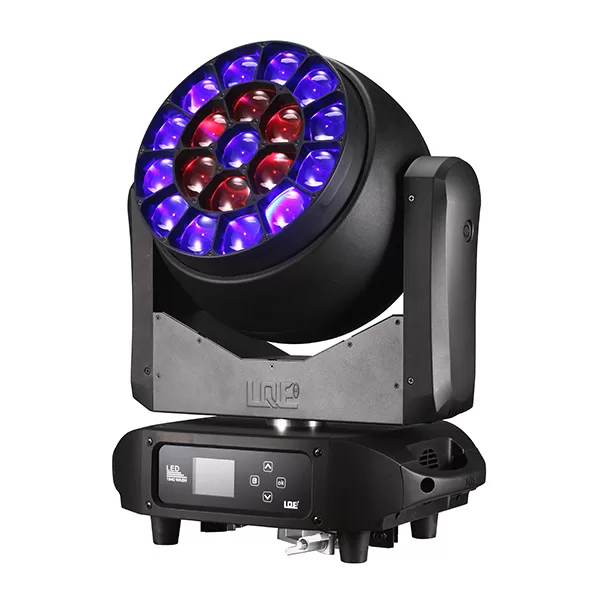
600w 19x40w RGBW Stage Moving Head Wash Light LW600 Zoom IP20
600W 19x40W LED RGBW Mulichips Moving Head Wash Lights with Zoom (5°–50°), Covering Large Range and Long Distance. IP20: Designed to deliver a 5°–50° ultra-large zoom range to achieve a greater wash effect, illuminating stages and events with stunning ring control lighting effects.
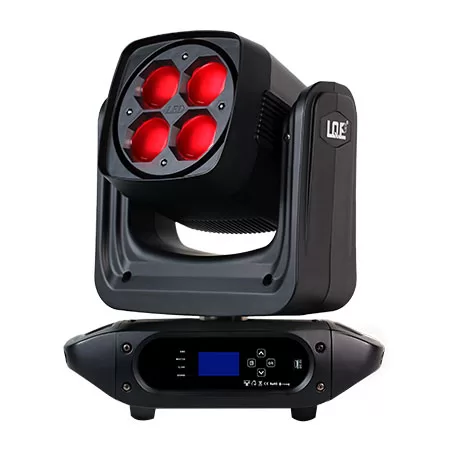
LED Moving Head Stage Wash Light LW200Z
The versatile moving head stage light provides a powerful lighting solution for theaters, concerts, and large outdoor performances. Suitable for theaters, TV stations, entertainment stages, and large outdoor performance scenes.
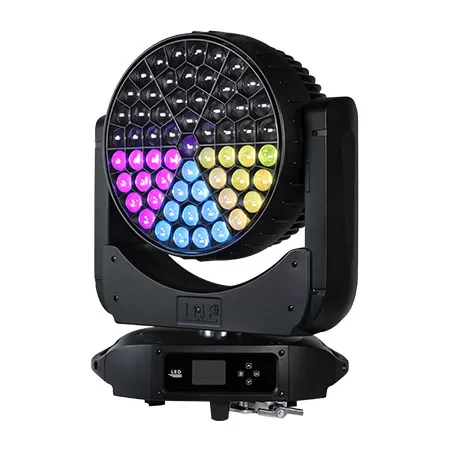
1000w 61x40w RGBW Stage Moving Head Wash Light LW1000
1000W 61x40W LED RGBW Mulichips Moving Head Wash Lights with Zoom (5°–50°), Covering Large Range and Long Distance. Designed to deliver a 5°–50° ultra-large zoom range to achieve a greater wash effect, illuminating stages and events with stunning lighting effects.
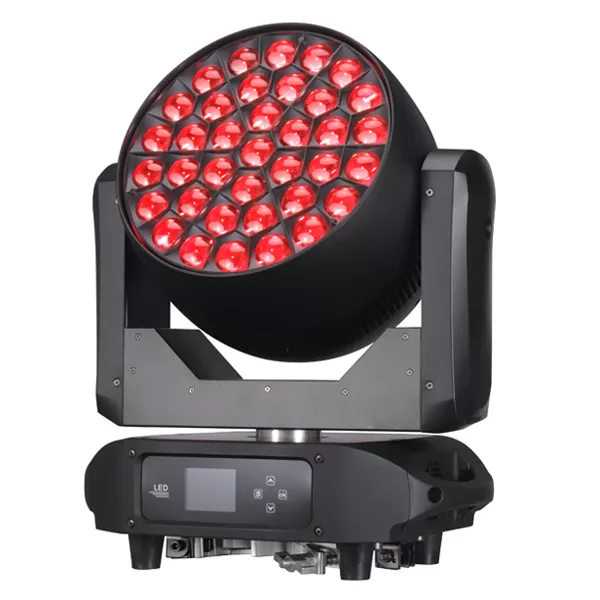
800w 37x40w RGBW Stage Moving Head Wash Light LW800
800W 37x40W LED RGBW Mulichips Moving Head Wash Lights with Zoom (5°-50°), Covering Large Range and Long Distance. Designed to deliver a 5°–50° ultra-large zoom range to achieve a greater wash effect, illuminating stages and events with stunning ring control lighting effects.

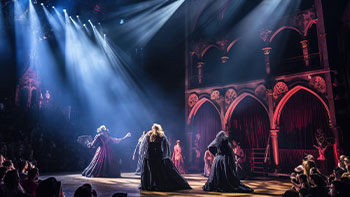
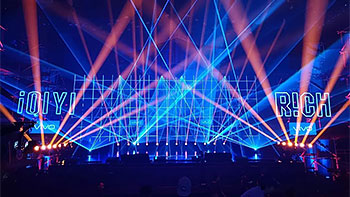
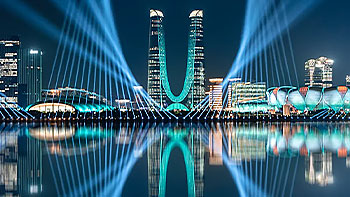
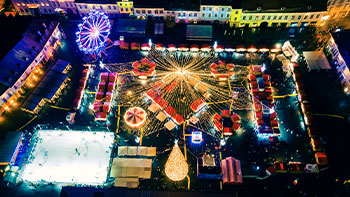
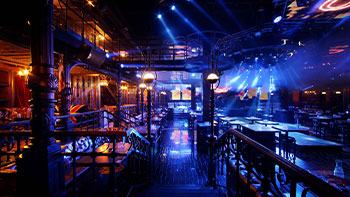
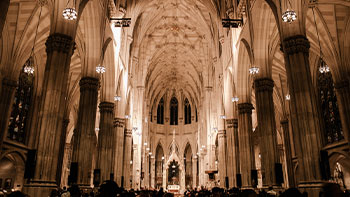






Linkedin
YouTube
Whatsapp: +8618924548390
TikTok